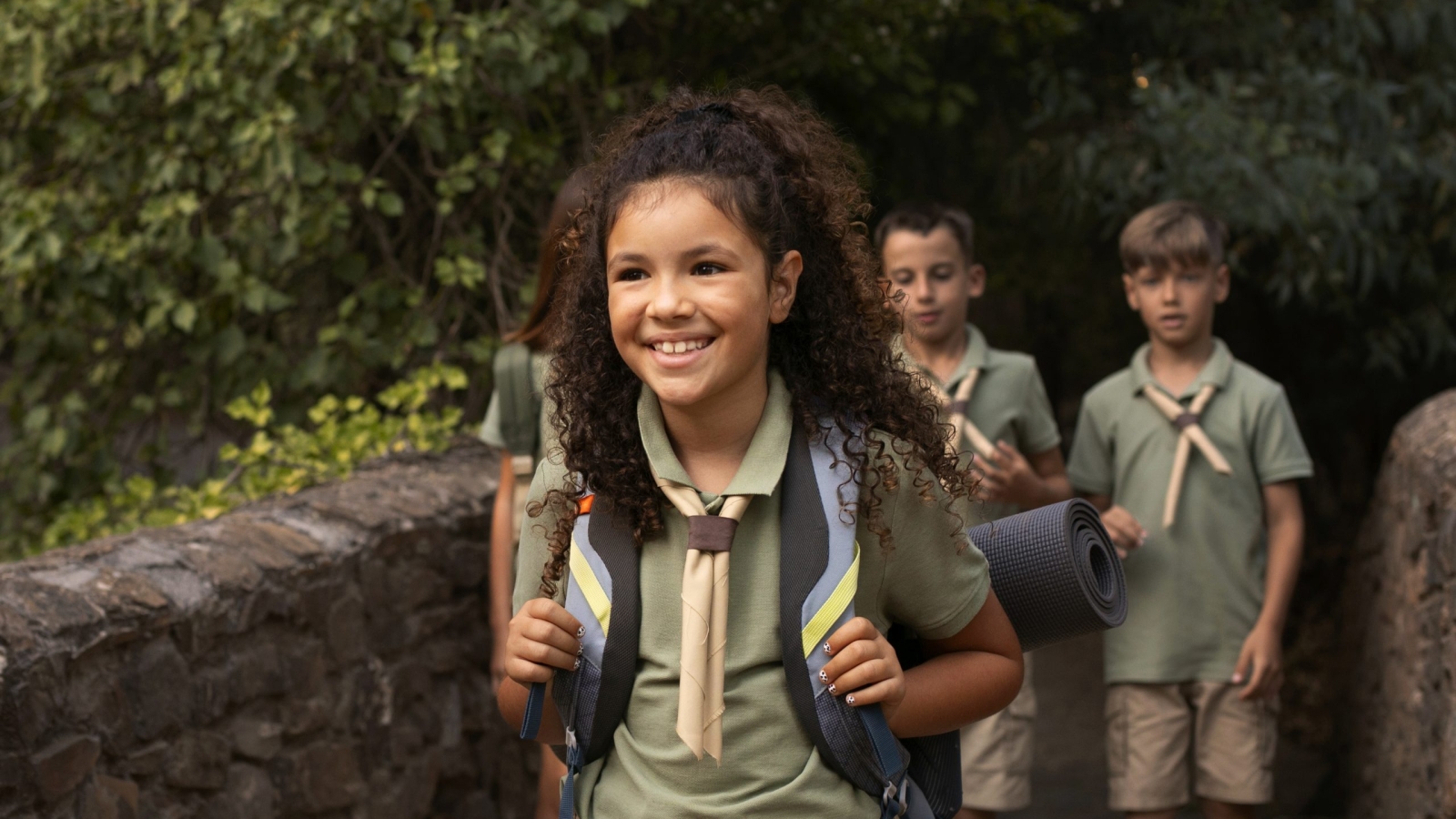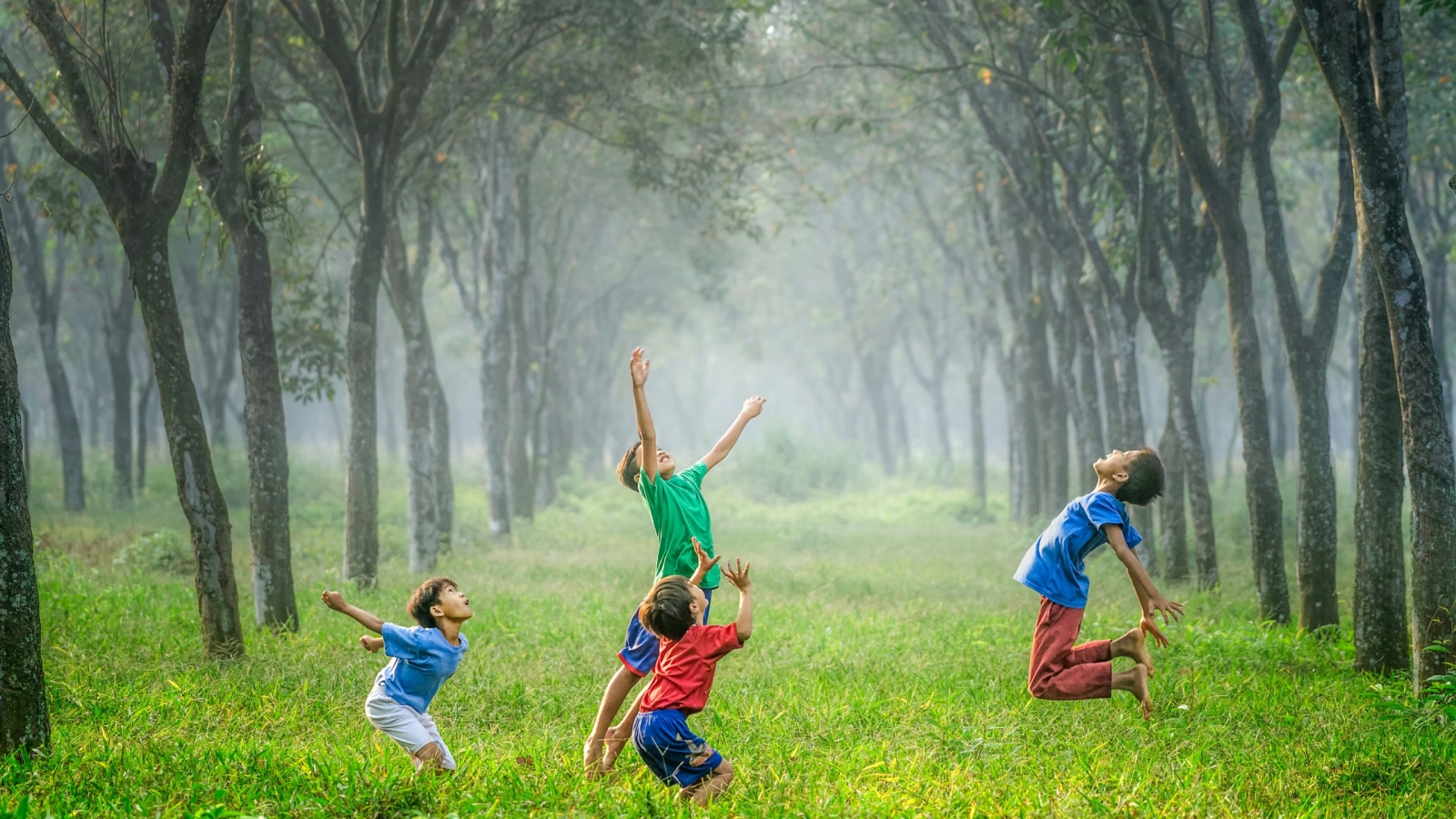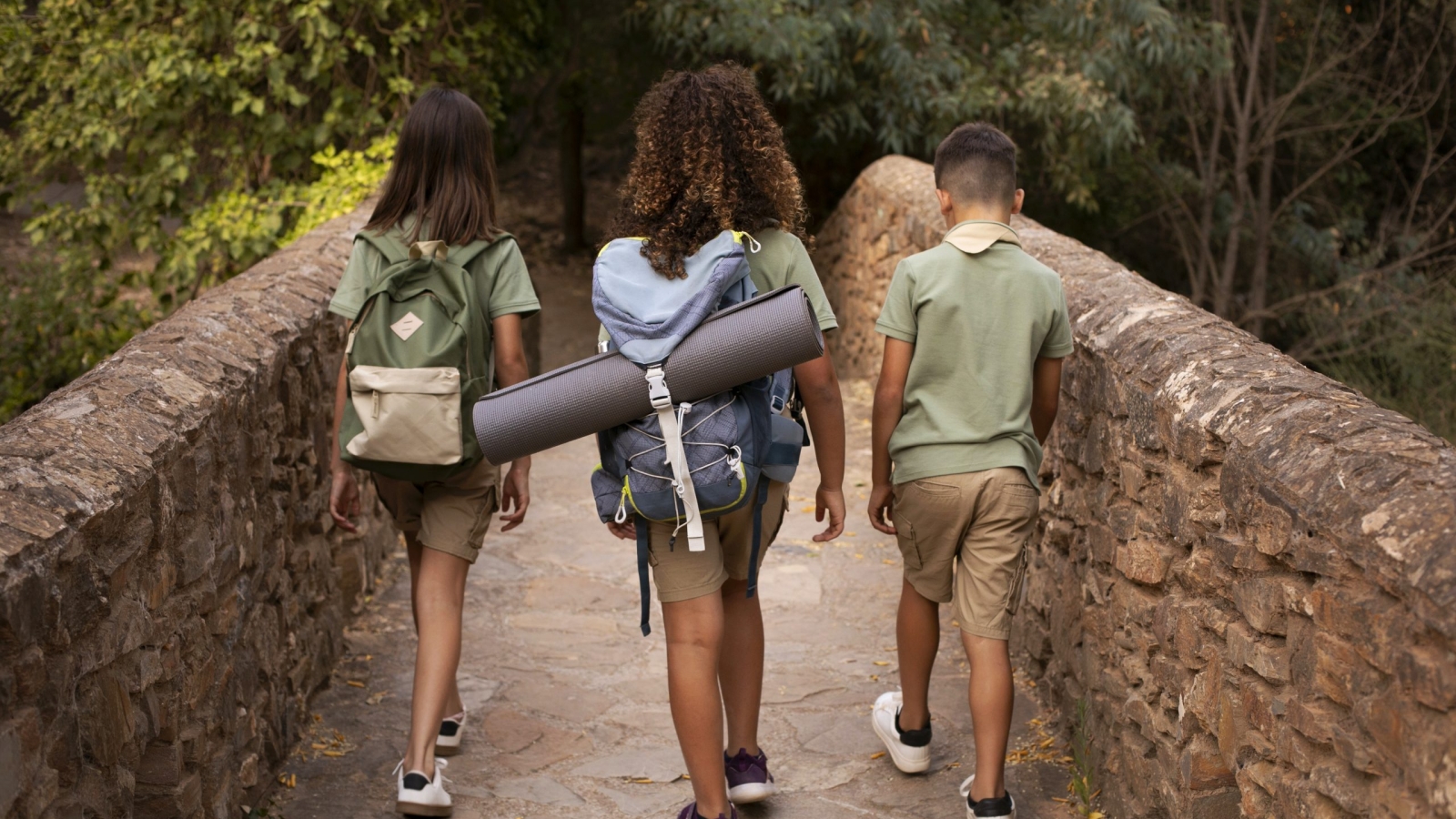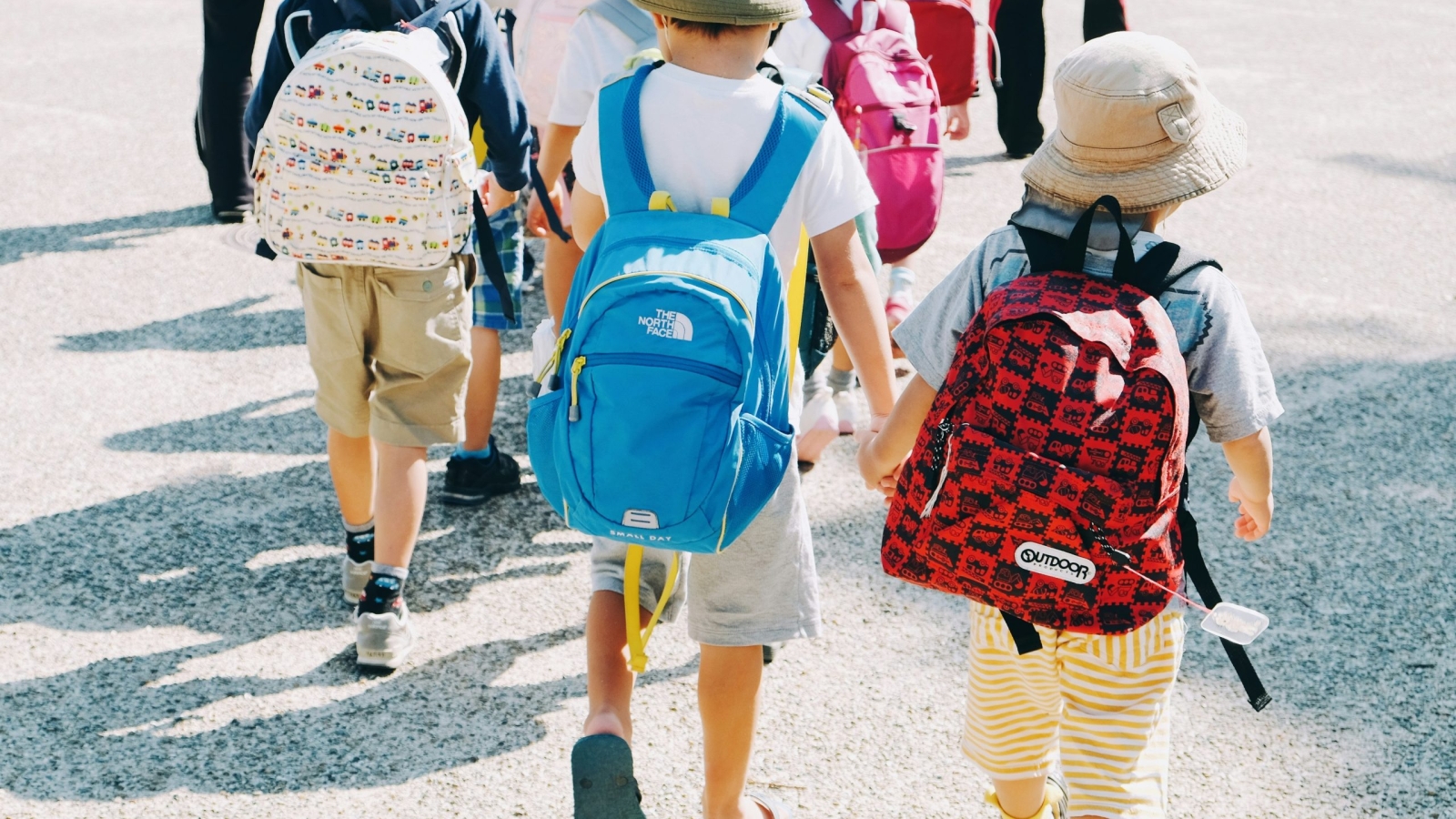School tours are often viewed as a fun break from the usual classroom routine. However, these excursions offer more than just entertainment—they play a crucial role in fostering courage in children. Here’s how school tours help build bravery in young minds:
1. Stepping into the Unknown
School tours take kids to new and unfamiliar places. Whether it’s a historical site, a science museum, or a nature reserve, each destination presents a unique environment. Navigating these new settings helps children learn to handle uncertainty and develop the courage to face unfamiliar situations.
2. Encouraging Curiosity and Inquiry
Tours often involve guided explorations where children are encouraged to ask questions and seek answers. This process of inquiry fosters intellectual bravery, as kids learn to voice their thoughts and curiosities. Engaging with new information and experiences in this way helps them develop the confidence to explore and learn independently.
3. Promoting Social Interaction
School tours require children to interact with peers, teachers, and sometimes strangers such as tour guides or experts. These interactions can be daunting, especially for shy or introverted kids. However, the need to communicate and collaborate in these settings helps them practice social bravery, making them more comfortable and confident in social situations.
4. Building Problem-Solving Skills
On a school tour, children often face unexpected challenges, such as figuring out a map, completing a scavenger hunt, or understanding a complex exhibit. Solving these problems requires quick thinking and adaptability. Overcoming these small obstacles helps build resilience and the courage to tackle more significant challenges in the future.
5. Experiencing Real-World Learning
Seeing historical artifacts, participating in science experiments, or observing wildlife firsthand makes learning tangible and engaging. This real-world experience helps children understand that the world is full of fascinating opportunities to learn and grow. This understanding boosts their confidence and encourages them to seek out new learning experiences, knowing they can handle whatever comes their way.
6. Fostering Independence
During school tours, children often need to manage their belongings, follow schedules, and make decisions independently of their parents. This sense of responsibility fosters independence. As they successfully navigate these responsibilities, their self-reliance grows, and so does their courage to act independently in various situations.
7. Building Empathy and Perspective
Many school tours involve cultural or historical education, exposing children to different ways of life and perspectives. This exposure fosters empathy and understanding, encouraging kids to approach the world with an open mind. Understanding and appreciating diversity requires emotional bravery and helps children develop a compassionate and courageous outlook on life.
Conclusion
School tours are more than just educational outings; they are vital experiences that help children build courage. By stepping out of their comfort zones, engaging with new information, solving problems, and interacting with others, children develop the confidence and bravery needed to face life’s challenges. Encouraging participation in these tours can significantly impact a child’s growth, helping them become more courageous and resilient individuals.




